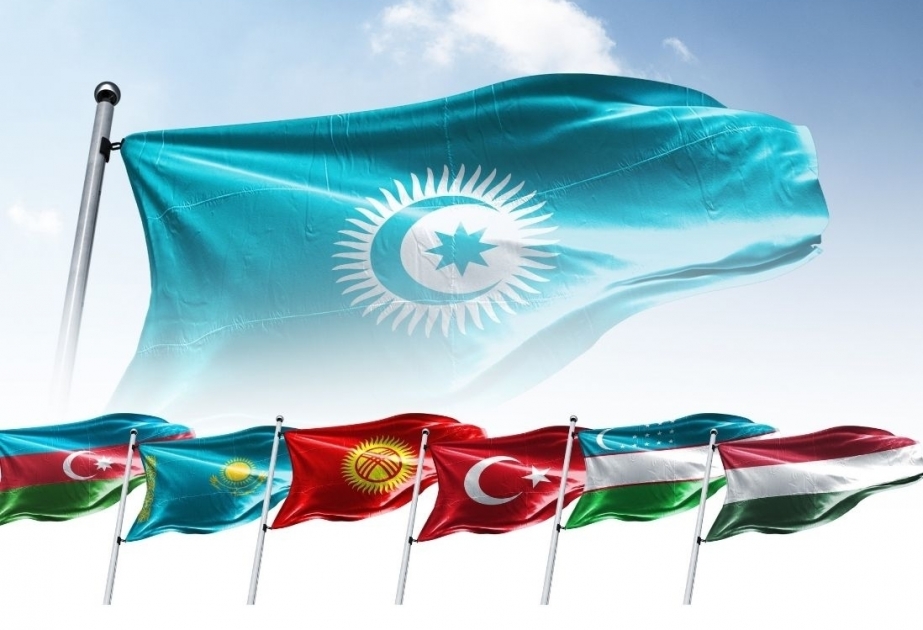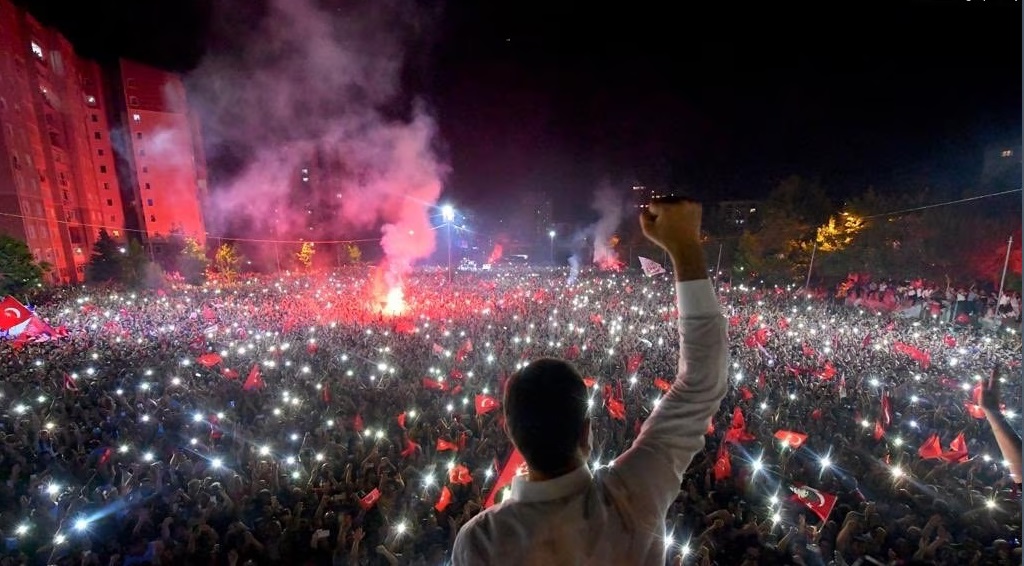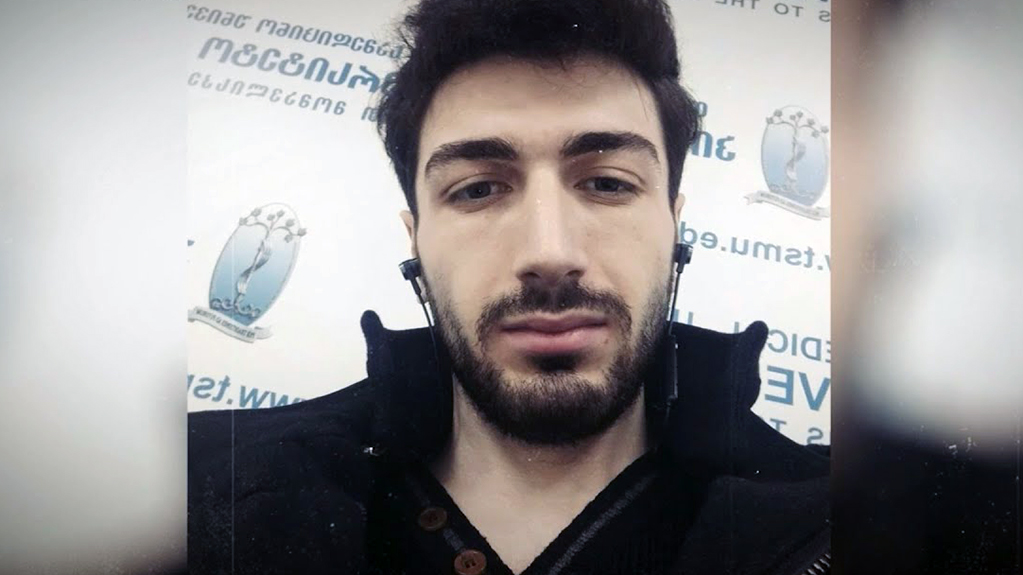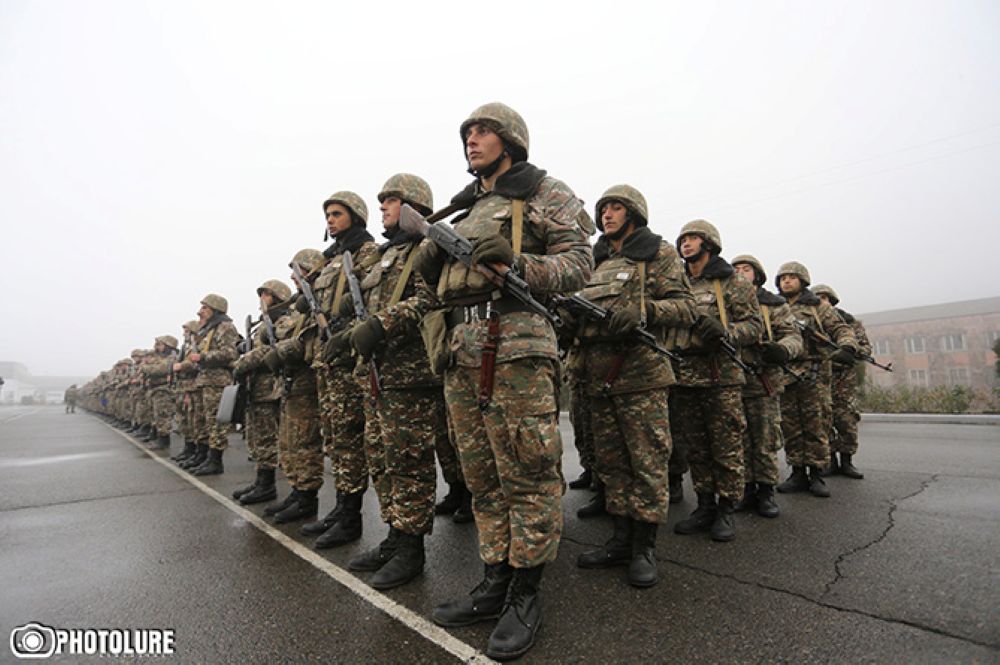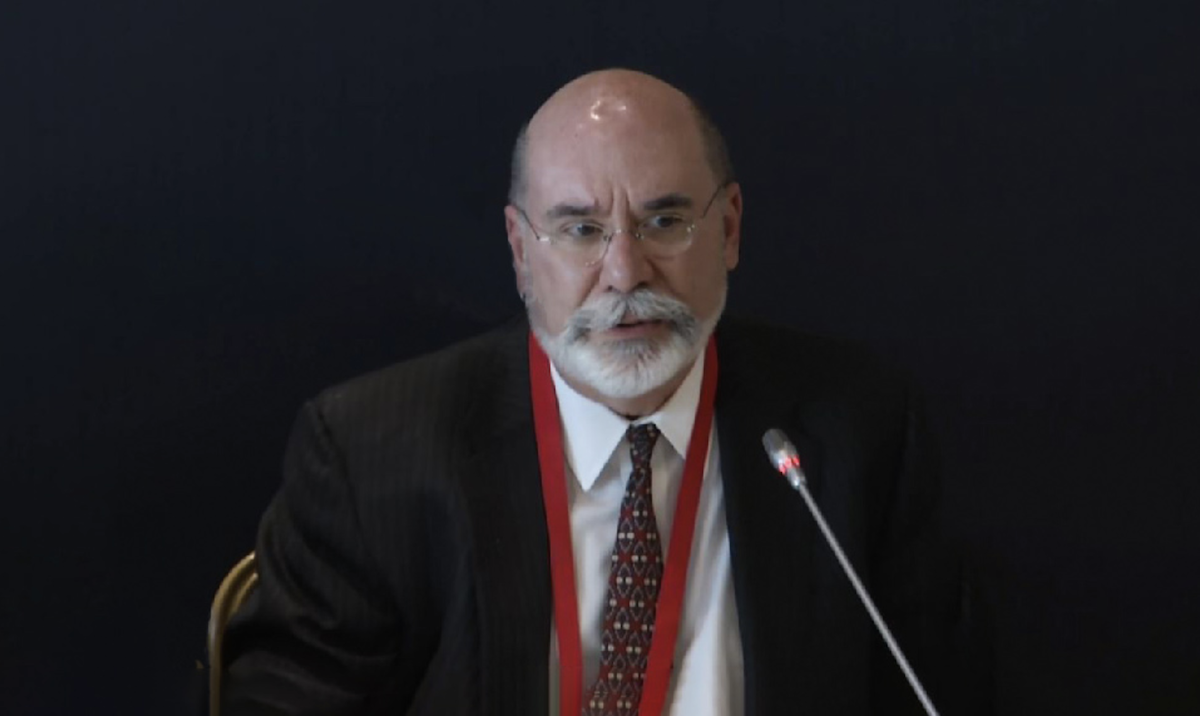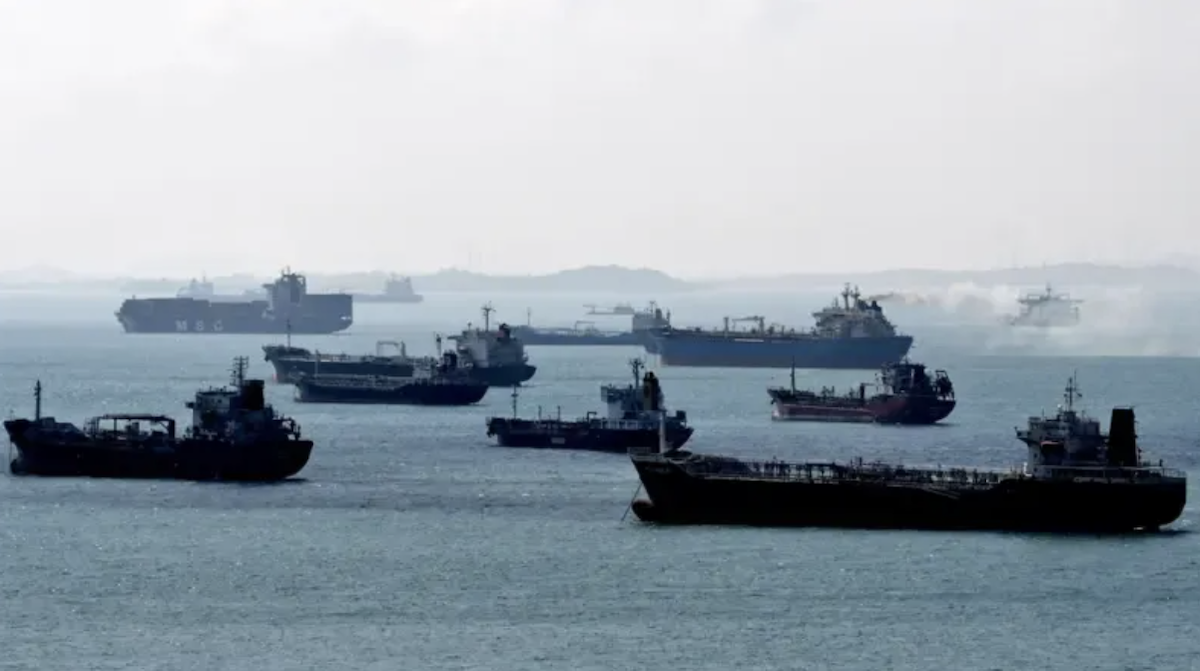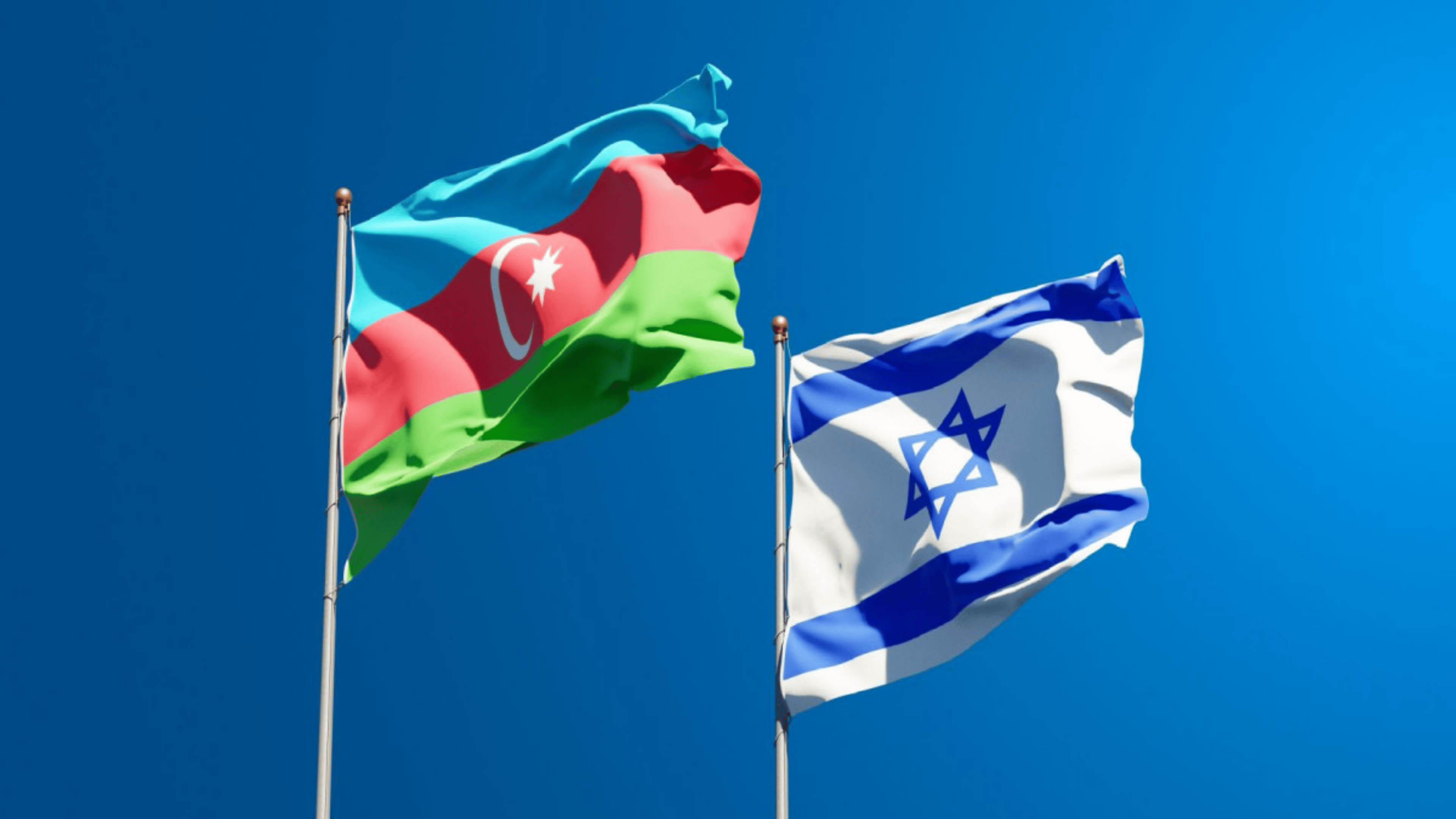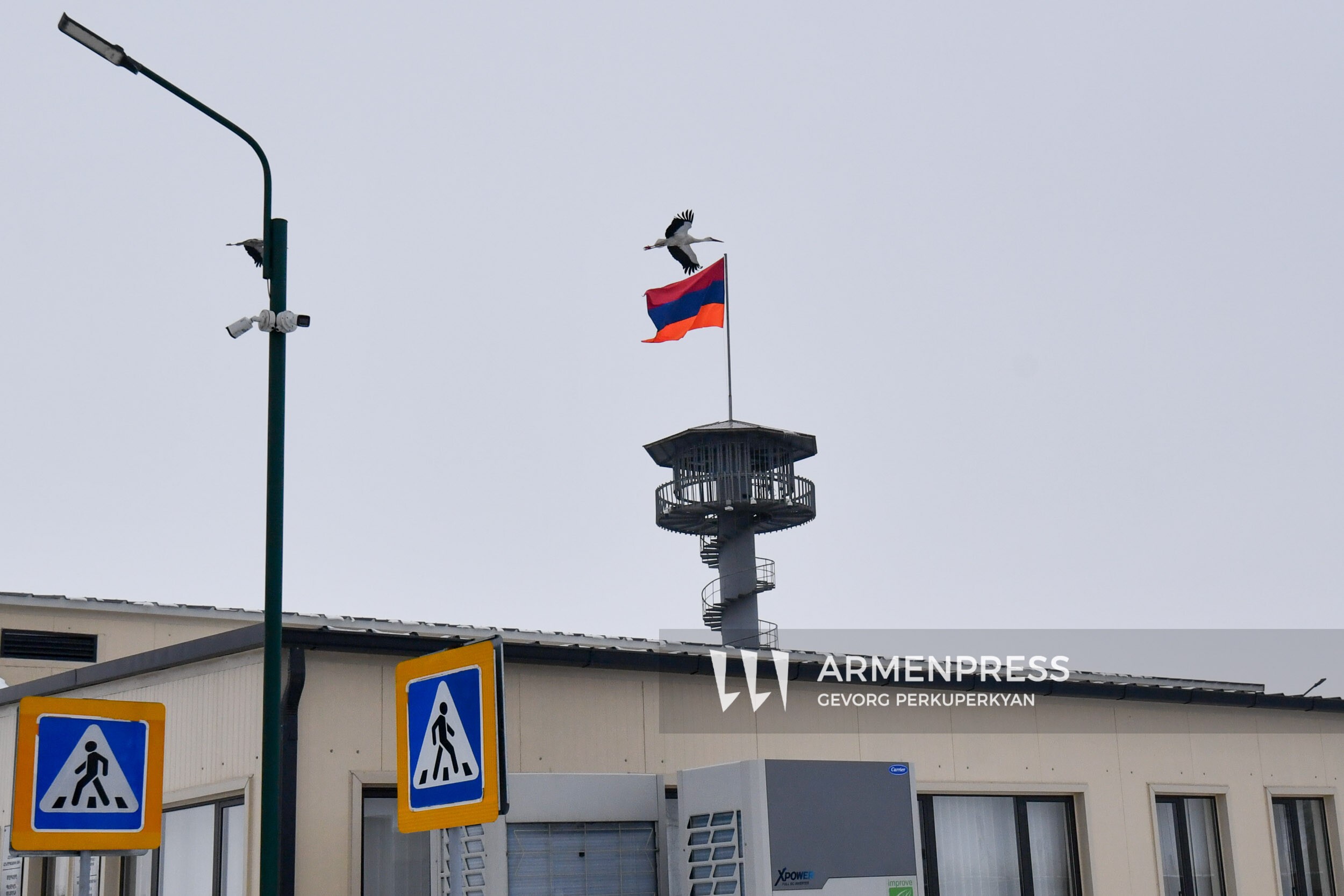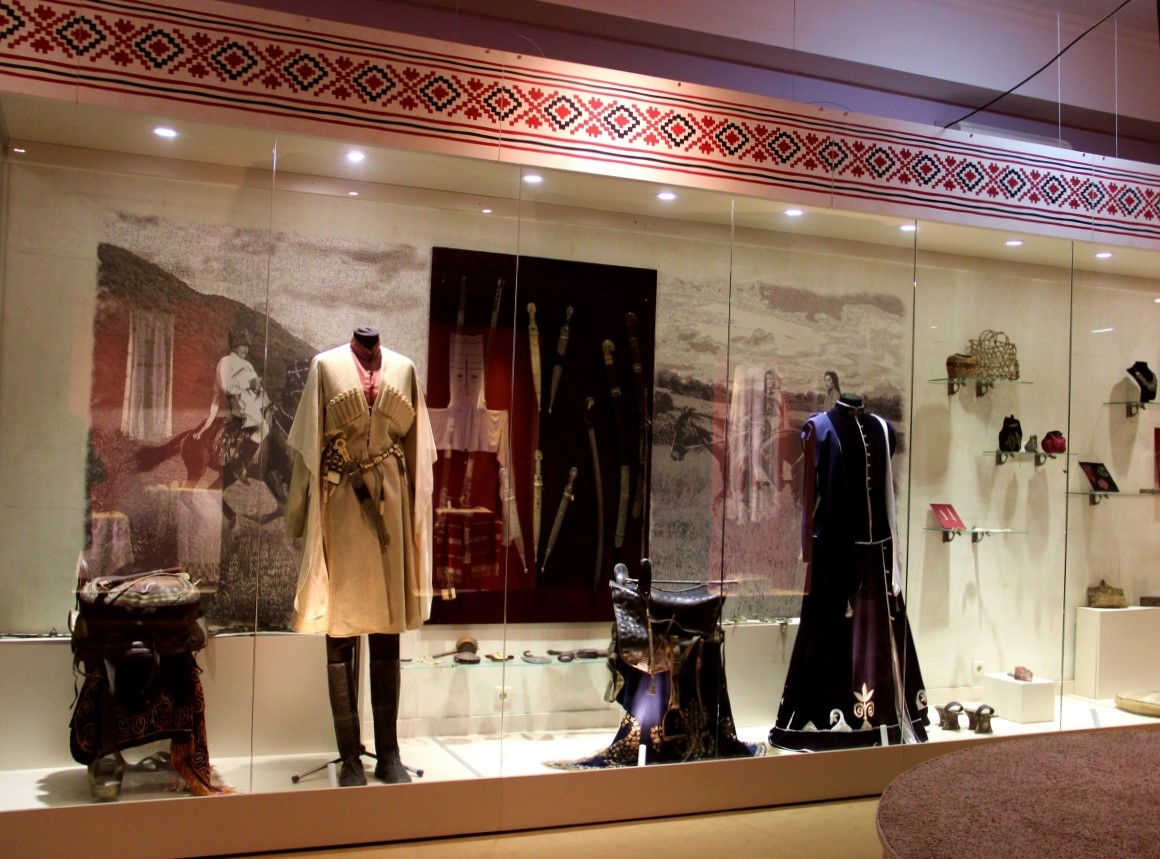"The Organization of Turkic States could shift Central Asia closer to Europe" - A view from Baku
Organization of Turkic States and Azerbaijan
“The total area of the countries within the Organization of Turkic States is 731,213 km², with a population of 170 million people, and a combined GDP approaching $1.4 trillion. This represents a very large market.
When considering the natural resources of these countries and their advantageous geographical positions, this union has the potential to play a significant role in global geopolitics and economics.
However, there is a significant challenge.
Many member countries are economically deeply tied to China and Russia, rather than to each other or the European Union. If this level of dependency continues, it will be difficult for the organization to become a new global center of power or even a functioning institution.
Therefore, the two primary tasks are:
- To develop economic ties between the member states of the Organization of Turkic States.
- To strengthen the organization’s economic connections with the EU.
Achieving these goals will allow the organization to compete with the economic expansion of China and Russia. This aligns with the statement from the President of Turkey that “Turkey’s main goal is to become a member of the EU,” – believes Natig Jafarli, one of the leaders of the Republican Alternative Party (ReAl).
- NATO Summit declaration omits mention of Georgia’s accession possibility
- “Incomes do not cover expenses”: Rising prices in Azerbaijan
- How to make Russia stop the war in Ukraine? Zelensky’s office comments on Putin’s ‘peace initiatives’
On July 6th, an informal high-level meeting of heads of state of the Turkic States Organization took place in Shusha.
Participants in the meeting included president Ilham Aliyev of Azerbaijan, president Shavkat Mirziyoyev of Uzbekistan, president Sadyr Japarov of Kyrgyzstan, president Kassym-Jomart Tokayev of Kazakhstan, prime minister Viktor Orban of Hungary, vice president Cevdet Yılmaz of Turkey, president Ersin Tatar of the unrecognized Turkish Republic of Northern Cyprus, and Secretary-General Kubanychbek Omuraliev of the Turkic States Organization.
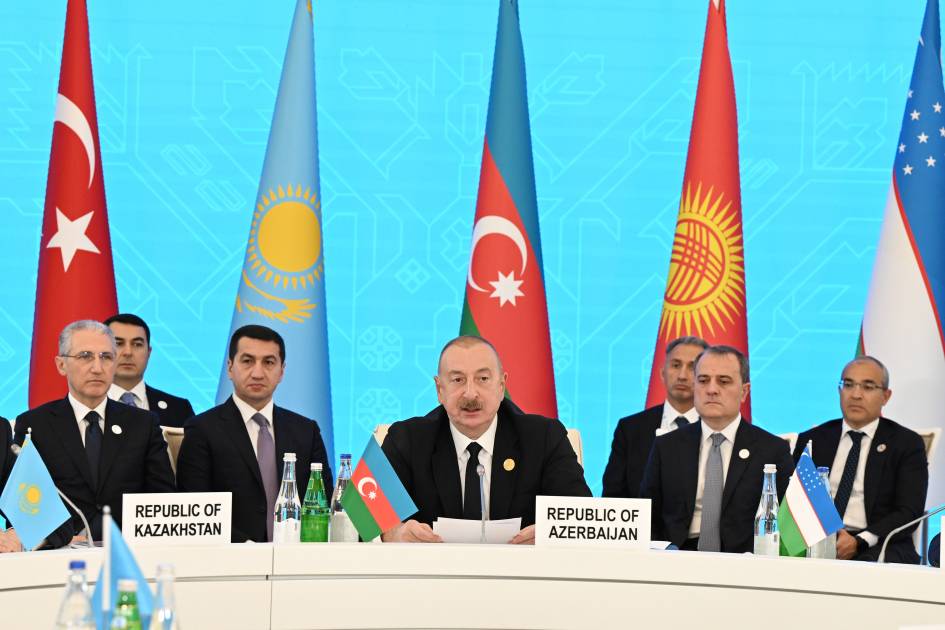
President Ilham Aliyev stated that the visits of Turkic states’ leaders to liberated Azerbaijani territories demonstrate fraternal solidarity. He highlighted that the presidents of Turkey visited Shusha, Fuzuli, Zangilan, and Jabrayil at different times, while the presidents of Uzbekistan and Kazakhstan visited Shusha and Fuzuli, and the president of Kyrgyzstan visited Fuzuli and Agdam.
Aliyev emphasized that the current budget and structure of the Turkic States Organization (TSO) are insufficient for achieving the organization’s goals.
“Therefore, Azerbaijan has transferred two million US dollars to the Secretariat’s account these days.”
The president of Azerbaijan also noted that expanding the East-West transport corridor is a priority for the future.
Following the summit, the leaders signed the Karabakh Declaration at the unofficial TSO summit.
“The TSO should expand relations with the EU, following Turkey’s example”
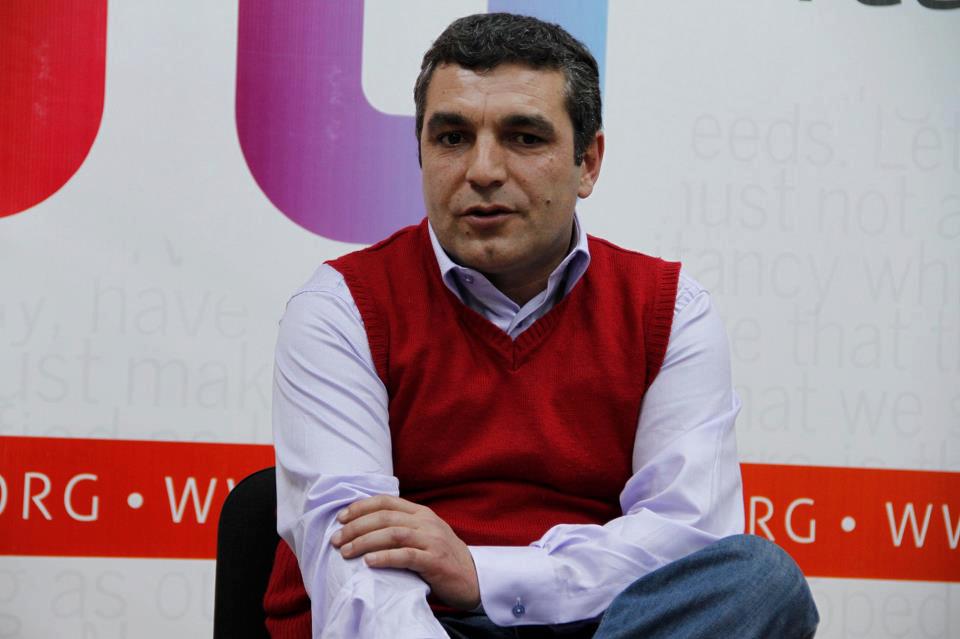
Natig Jafarli, a member of the “ReAl” party, believes that the first essential step for the successful future operation of the Turkic States Organization (TSO) is the creation of the organization’s coordinating bodies:
“We need to establish secretariats for military security, economy, culture, and foreign policy. Additionally, there should be a body of parliamentary representatives from TSO countries. This means, based on population quotas following the principles of the European Parliament, a permanent parliamentary body with an advisory status should be created.”
The total area of the countries in the TSO is 731,213 km², with a population of 170 million people and a combined GDP approaching $1.4 trillion, Jafarli notes.
“This is a vast territory, a large market, and if we consider the natural resources and advantageous geographic location of these countries, this union has all the prospects to play a significant role in global geopolitics and economics.
However, individually, the main economic partners of TSO countries are outside the union, and without an economic foundation, the future of the union is uncertain.
Turkey is a major economy with diversified market institutions. In 2023, Turkey’s exports reached $256 billion, while imports amounted to $362 billion. The EU countries are Turkey’s primary trading partners.
Azerbaijan’s exports in 2023 totaled $33.8 billion, with imports at $17.2 billion. The largest trading partners of Azerbaijan are also EU countries.
Kazakhstan’s trade turnover in 2023 was $140 billion, with Russia as the top partner, followed by China, and Turkey in third place. Among EU countries, France is ninth and Italy tenth.
Kyrgyzstan’s trade turnover in 2023 was $15.7 billion, with 38% of trade with China and 22% with Russia. Relations with EU countries are weak.
Uzbekistan’s trade turnover in 2023 was $62.5 billion, with 22% of trade with China and 16% with Russia. Among EU countries, only Germany ranks seventh with a share of 1.7%.
China is Turkmenistan’s number one trading partner, followed by Russia. In 2023, trade with China reached $10 billion, accounting for about 50% of Turkmenistan’s total trade.
The situation shows that the partner countries across the Caspian are economically tied to China and Russia. This deep connection could hinder the TSO from becoming a functioning institution and a new global power center.
It is crucial to establish connections between TSO states and the EU to compete with the economic expansion of China and Russia. Hence, president Erdoğan of Turkey’s statement that “Turkey’s main goal is to become an EU member” is correct and important for strengthening the TSO,” concluded Natig Jafarli.
Why didn’t the leader of Turkmenistan attend the summit in Shusha?
Experts from the analytical platform “Şərqə baxış” (“Look to the East”) noted that Turkmenistan did not participate in the TSO summit held in Shusha, despite its observer status and invitation. Analysts suggest that while the reasons are unknown, it is evident that there is a new period of discord between Azerbaijan and Turkmenistan:
“All leaders of Turkic states have made separate official visits to the liberated territories, except for Turkmenistan. The leadership of Turkmenistan has not visited the liberated territories, neither individually nor within the TSO framework. It seems that the leadership of the neighbor country across the Caspian Sea is dissatisfied with Azerbaijan’s liberation of its territories.
Despite the challenges in relations with Turkmenistan, this country holds special significance for Azerbaijan’s foreign policy strategy in the new era. The export of Turkmen gas to Europe via Azerbaijan is a vital issue for our country.”
On the other hand, due to Kazakhstan’s constant threat of Russian invasion, it is crucial to keep the route through Turkmenistan, an alternative gateway to Central Asia, open.
Most importantly, Turkmenistan is the only participant in the joint cooperation of the Turkic world that promises significant prospects for the future.
However, it is clear that normalizing bilateral relations with the current Turkmen government will not be possible. Given the inadequate behavior of the Turkmen authorities, it may be more practical for Turkmenistan to remain outside the TSO at this time, rather than becoming a member with special powers in the organization,” states the analysis by “Şərqə baxış.”










